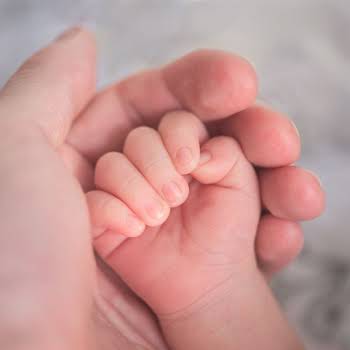
By Jeanne Sutton
05th Feb 2015
05th Feb 2015
Research Discovers Why IVF Fails
IVF is a miracle of modern medicine that can bring long sought-after joy to couples who struggled to concieve. For many others it can exacerberate an already emotional situation. Not only is In Vitro Fertilization expensive, but it has only a 25% success rate. Participants need to bear this worrying statistic in mind before starting on the journey to potential parenthood. And then there are repeat cycles of IVF, a common occurrence that exert enormous psychological and biological stress on women.
However, a team of scientists at the University of Manchester have made a discovery that many in the fertility science space are heralding as a major breakthrough that may substantially increase the success rate of IVF.
The study in the Journal of Cell Science examined the moment a fertilised egg is implanted, the stage in the process that sees the majority of embryo losses. The embryo fails to attach to the endometrium, that’s the mucus membrane of the uterine wall.
Women who undergo these losses and fail to implant an embryo share molecular traits and have altered levels of microRNA-145 in their endometrium. Researchers played with the levels of the microRNA to see what would happen.
It turns out these microRNA molecules are inhibiting a protein, called IGF1R, that is supposed to grow in the endometrium during the optimium four-day window an embryro has to attach. This protein increases the likelihood of an egg implanting successfully, Professor John Aplin who led the study said, ?Our study suggests that the presence of IGF1R during this period is required for the embryo to stick to the uterus.?
There is already talk of developing a drug to inhibit the microRNA molecule, although more research is required. This is some seriously good news for couples who might be exploring IVF.
Follow Jeanne Sutton on Twitter @jeannedesutun
LOVE this? Why not have IMAGE delivered directly to your door each month? Check out this month’s offer here.






















